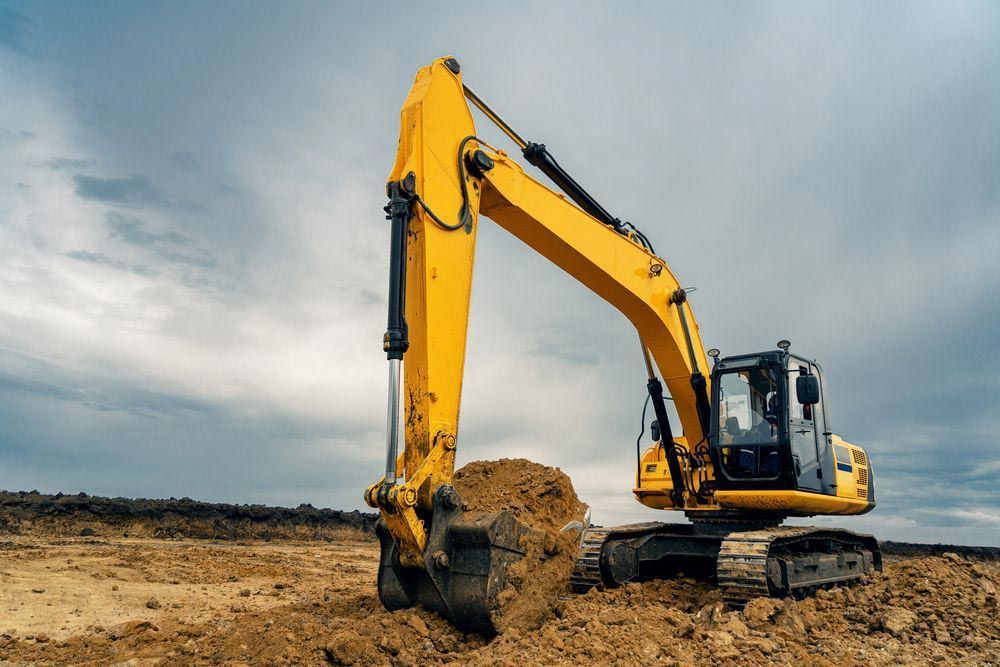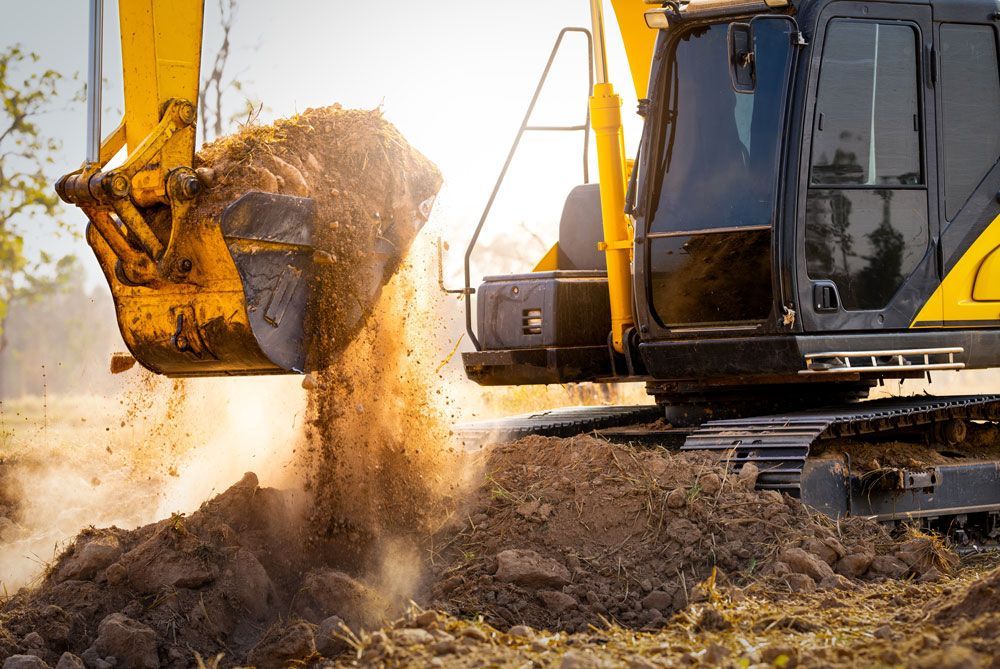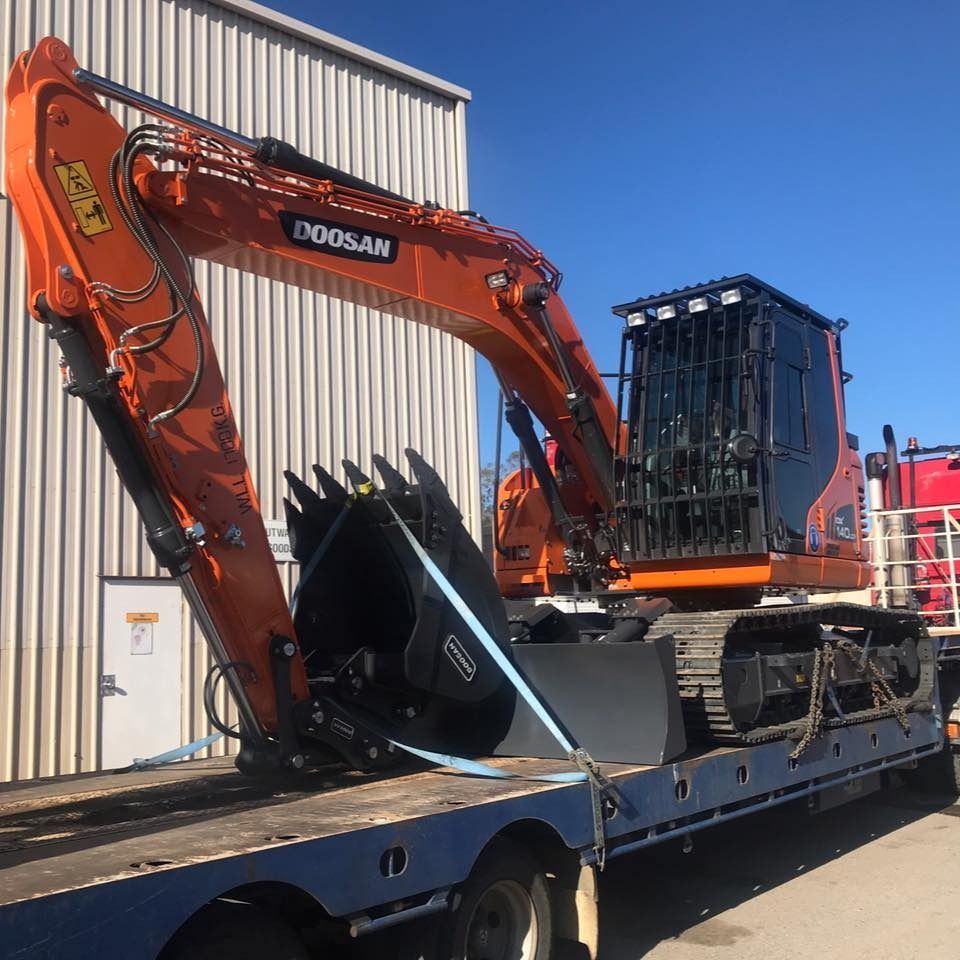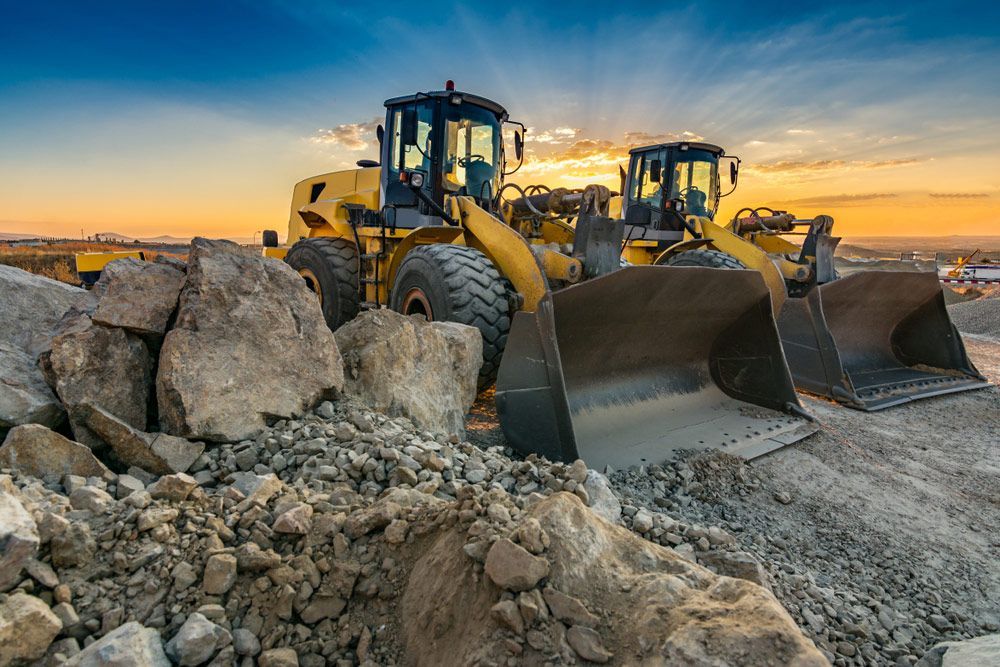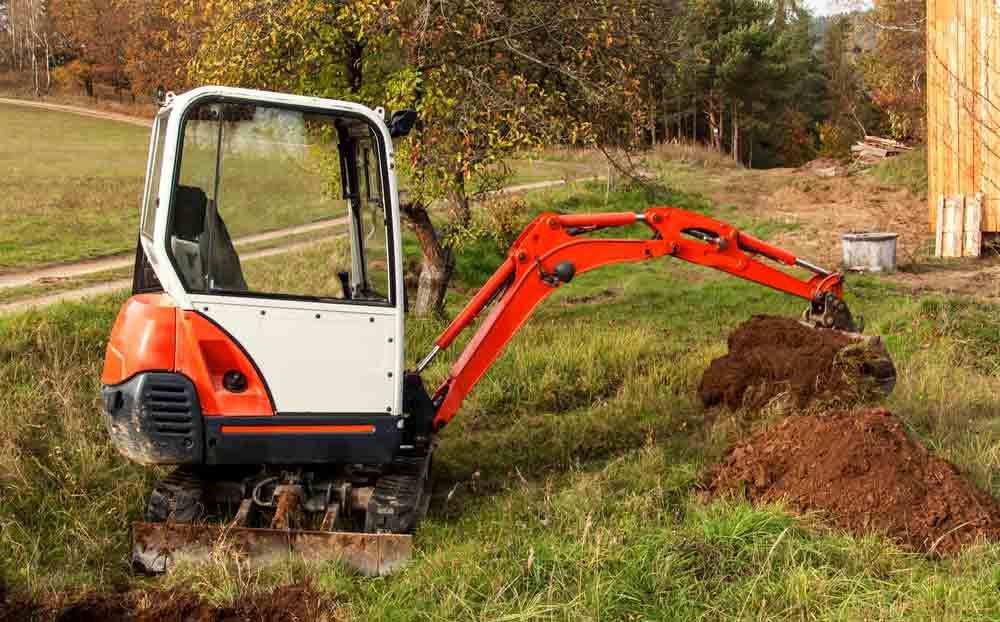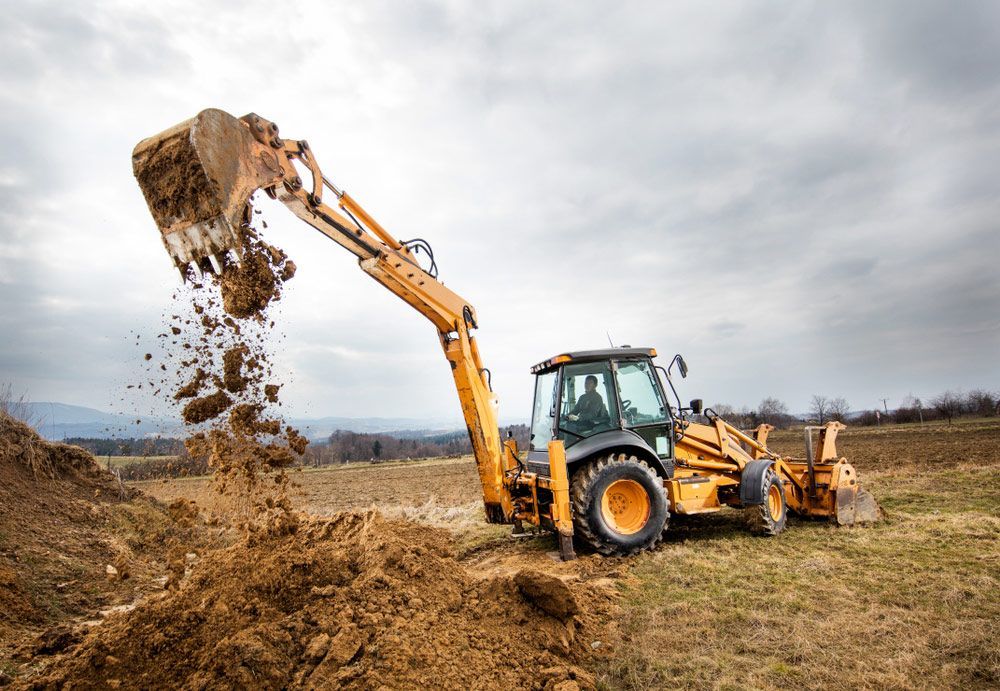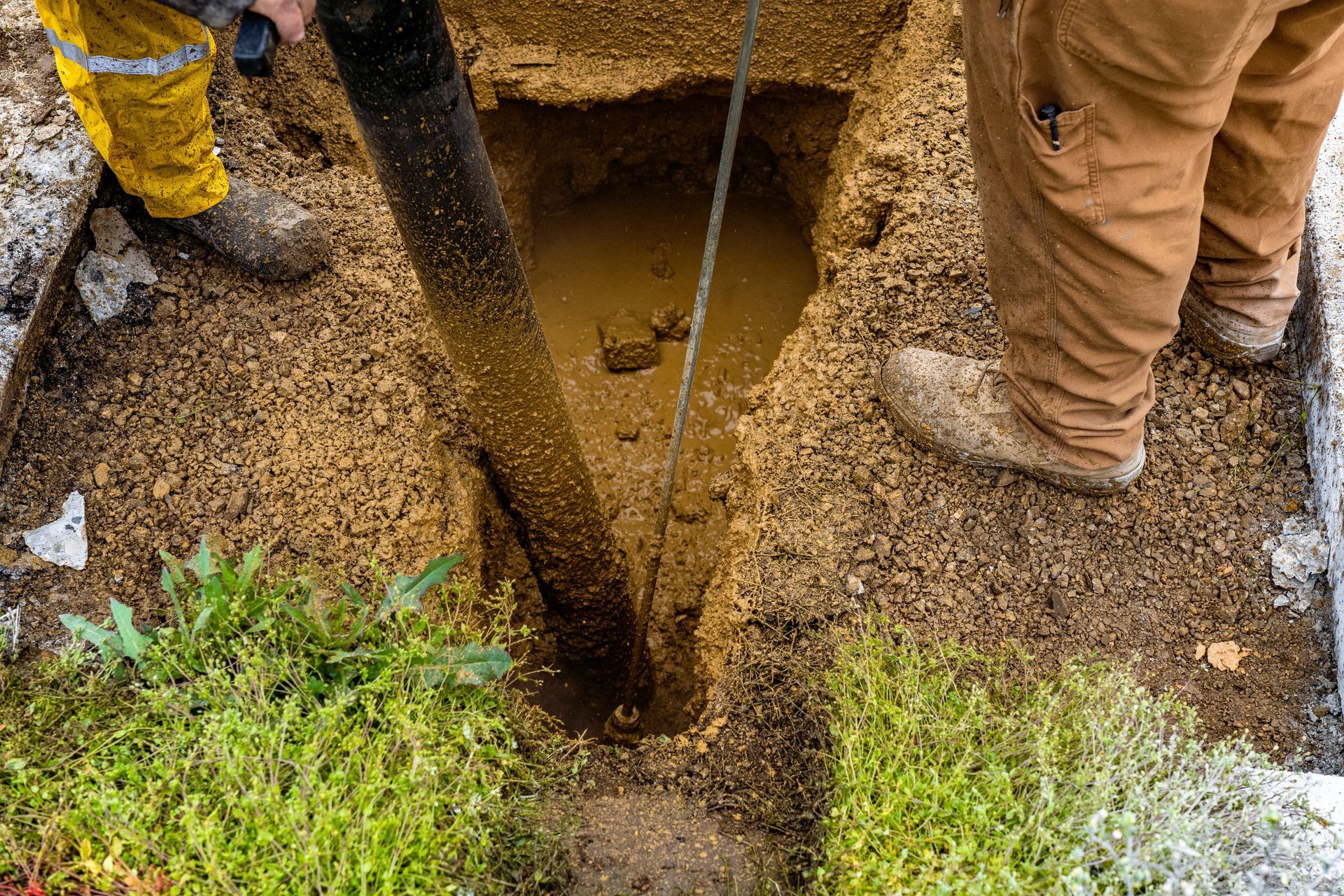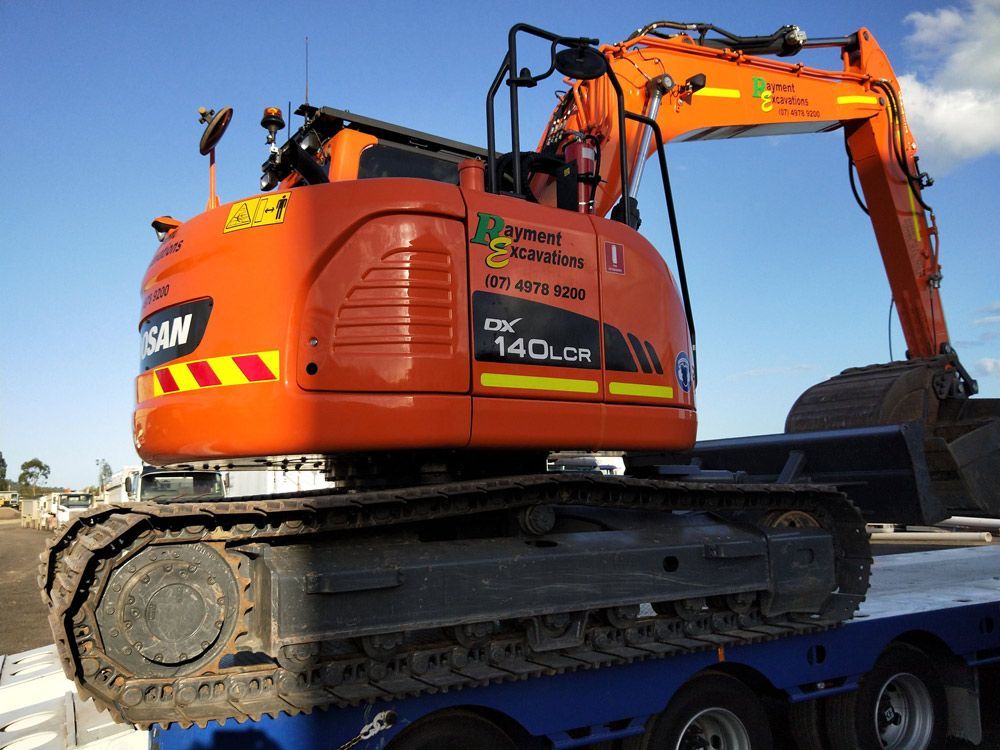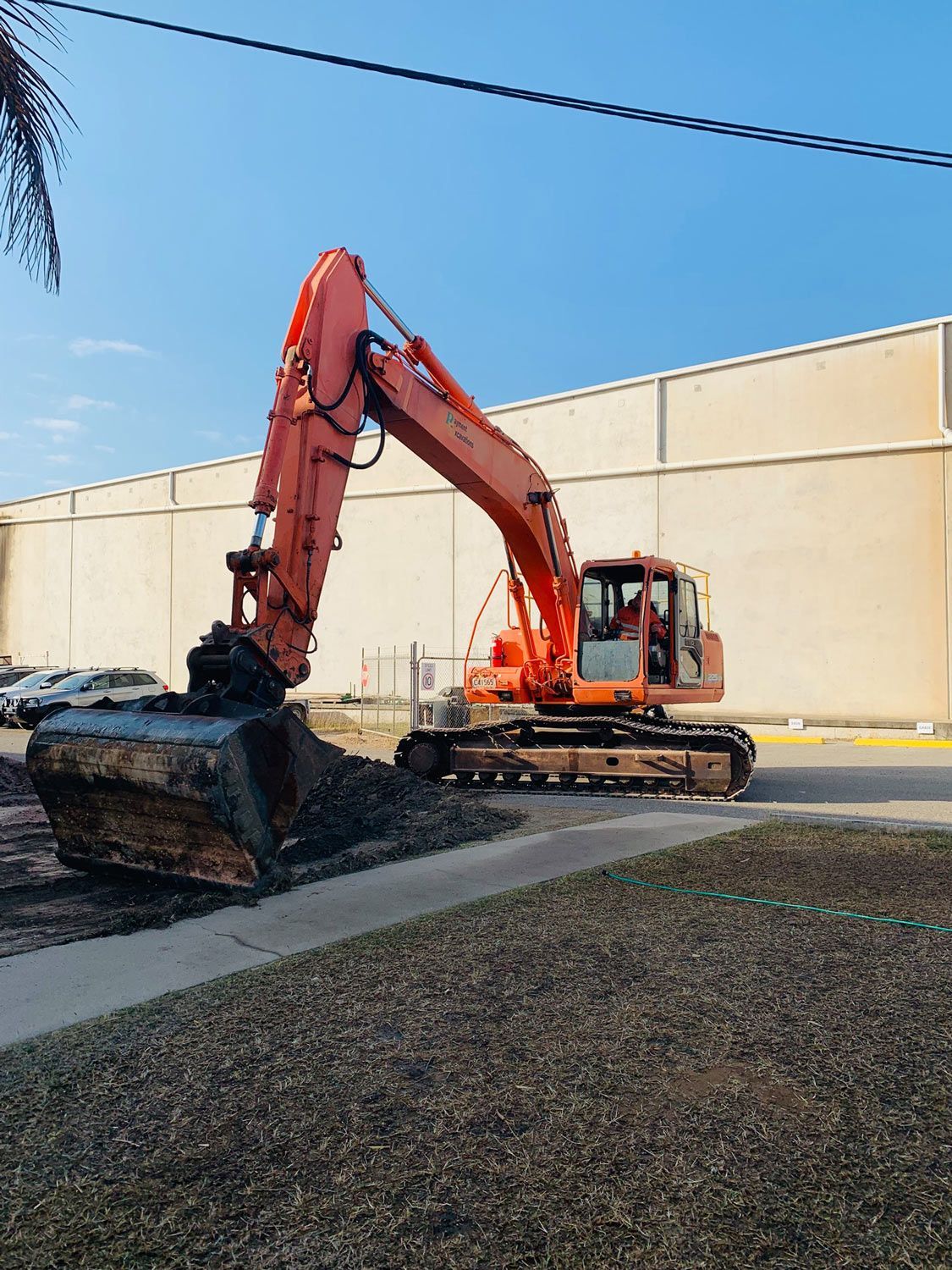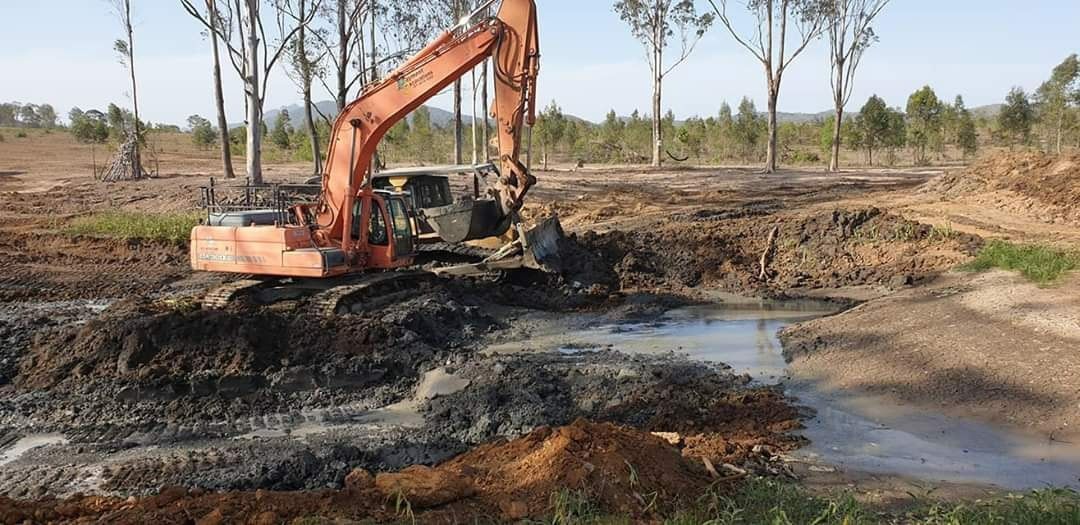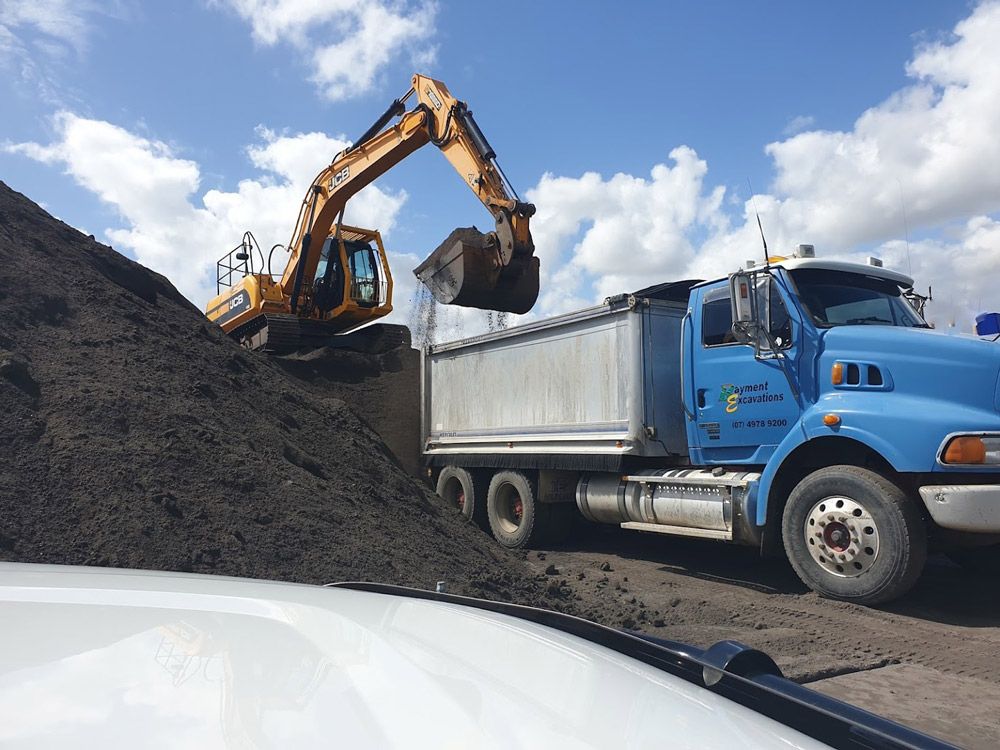Choosing The Right Excavator For Your Project
Whether you're undertaking a small residential project or a large-scale commercial development, choosing the right excavator contributes to the efficiency of your endeavour. With a multitude of options available, it’s important to gather the necessary information to ensure you make the best decision for your project's success. In this blog, we will walk you through the factors to consider when choosing an excavator that best suits your project's needs.
Understanding Your Project Requirements
- Project Scope and Size
Are you working on a small residential landscaping project or a large-scale construction site? The size of your project will help determine the appropriate size and capacity of the excavator you need. - Terrain and Accessibility
Assess the terrain and accessibility of your project site. Is it flat or uneven? Are there any obstacles or tight spaces that may require a compact excavator? Understanding the site conditions will help determine the type of excavator that can manoeuvre effectively in your specific environment. - Digging Depth and Reach
Different excavators offer varying digging depths and reach capabilities. Ensure the excavator you choose can handle your project's specific requirements. - Additional Attachments
Think about any additional attachments you may need for your project. Excavators can be equipped with various attachments such as buckets, breakers, grapples and augers. Determine if you require any specialised attachments to complete your project efficiently.
Choosing the Right Excavator Type
- Standard Excavators
Standard excavators, also known as crawler excavators, feature a tracked undercarriage, providing stability and manoeuvrability on rough terrains. These excavators are versatile and suitable for a wide range of projects. - Mini Excavators
Mini excavators, also known as compact excavators, are ideal for projects with limited space or access. They are smaller in size and offer enhanced mobility, making them suitable for residential projects, landscaping and small-scale digging tasks. - Long-Reach Excavators
Long-reach excavators are designed for projects that require extended reach and deep digging capabilities. They feature an extended arm and boom, allowing them to reach further and excavate to greater depths. - Wheeled Excavators
These excavators are equipped with wheels instead of tracks, offering increased mobility and speed on paved surfaces. They are ideal for road construction, urban projects and tasks that require frequent transportation between job sites.
Other Considerations
- Operating Weight and Size
Ensure the excavator's operating weight and size are suitable for your project site. Consider any weight restrictions or space limitations that may impact the usability of the machine in your specific environment. - Engine Power and Fuel Efficiency
A powerful engine ensures optimal performance, while fuel efficiency reduces operating costs and minimises environmental impact. Look for excavators with advanced engine technologies that offer a balance between power and fuel economy. - Operator Comfort and Safety Features
Look for excavators with adjustable seating, climate control systems and advanced safety features. A comfortable and safe working environment enhances productivity and reduces the risk of accidents. - Maintenance
Consider the ease of maintenance and the availability of service and spare parts. Choose a reputable brand that offers a reliable after-sales support network, ensuring prompt servicing, repairs and access to genuine parts when needed. Regular maintenance enhances the longevity and performance of your excavator.
Excavator Hire in Gladstone
If you're looking for a reliable excavator for your next project, contact Rayment Excavations. With a collective 40 years of experience in the excavation and earthmoving industries, our experienced team will help you choose the perfect excavator to meet your project needs. To get a quote or learn more about our excavator hire services, get in touch today.

